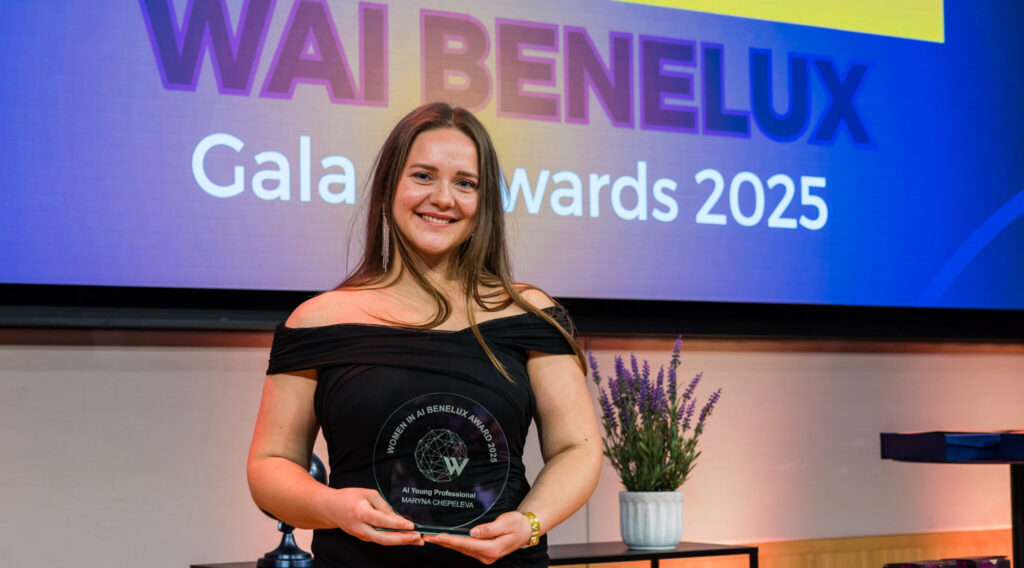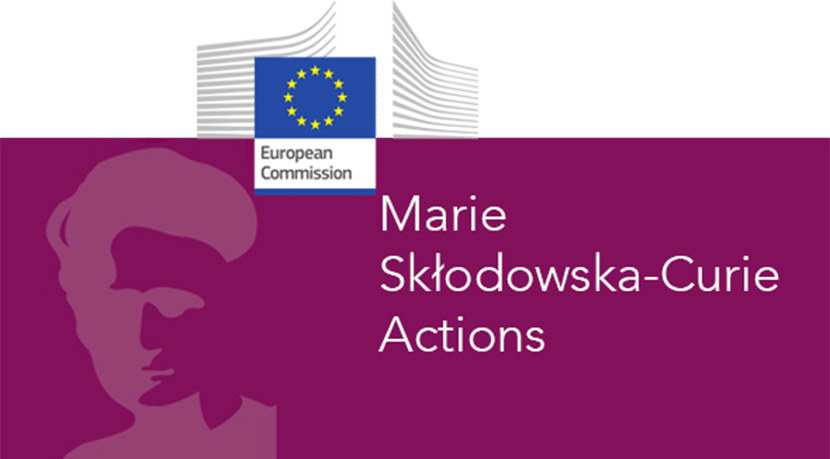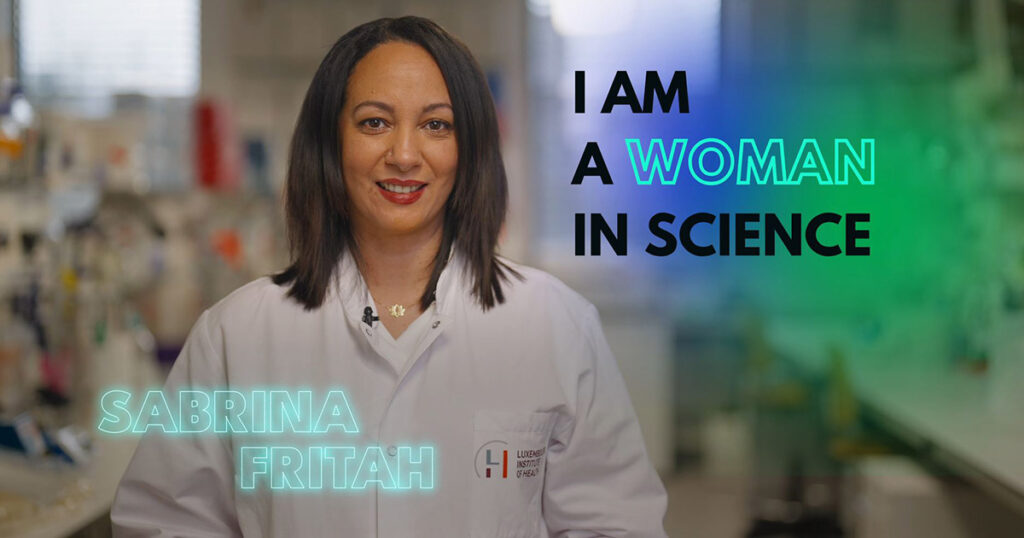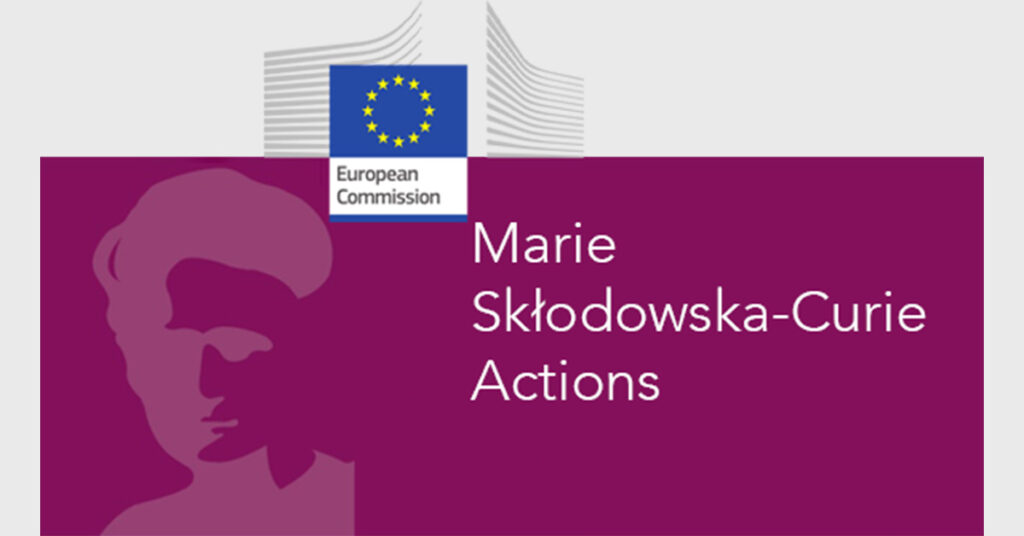News
Suffocating cancers – a revolutionary strategy that continues to attract pharmaceutical support
Roche Pharma renews its funding to TIME research group

Pioneering research from the TIME research group on the modulation of hypoxia in solid tumours could pave the way to a new generation of immunotherapy. Its potential has attracted the interest of major pharmaceutical companies like Roche, who, in response to the results published by the group, have decided to extend their funding for the project.
Hypoxia, a condition characterized by decreased oxygen pressure, plays a pivotal role in the microenvironment of all solid tumours. Tumour cells adapt to hypoxic stress by activating various resistance mechanisms. These mechanisms collectively contribute to the failure of traditional cancer treatments such as chemotherapy and radiation therapy. However, there is still a lack of conclusive data demonstrating the tangible impact of hypoxia on the effectiveness of immunotherapy.
Hypoxia is a common occurrence in all solid tumours, including skin cancers like melanoma. Melanoma cells not only survive under conditions of oxygen deprivation but also exploit it to their advantage. They subvert the body’s anti-tumour immune response and develop mechanisms to resist conventional anti-cancer therapies. A critical gene responsible for cancer cells’ adaptation to hypoxia is HIF-1α (Hypoxia Inducible Factor-1 alpha). Led by Dr. Bassam Janji, who heads the Tumor Immunotherapy and Microenvironment (TIME) research group at the Luxembourg Institute of Health (LIH), the team has been employing gene-editing technologies to demonstrate that targeting HIF-1α can not only inhibit tumour growth but also mobilize cytotoxic (cell-killing) immune cells to the cancerous tissue. This discovery offers a valuable new target to make resistant melanomas more susceptible to existing anti-cancer treatments. By revealing that hypoxic stress in the tumour microenvironment triggers resistance mechanisms in tumour cells, allowing them to evade immune surveillance, the TIME group has gained international recognition.
Roche Pharmaceuticals have been at the forefront of cancer treatment for over 50 years. They have developed medications for various cancers, including skin, colon, ovarian, breast, lung, and numerous others. Roche initially decided to support this ground-breaking research conducted by the TIME group in 2020. Now, due to its promising outcomes, Roche has renewed its commitment, aiming to work in collaboration with the TIME group to gain a deeper understanding of how hypoxia impairs anti-tumour immunity and how it can be manipulated to enhance current cancer immunotherapeutic approaches.
Through this research project, we are paving the way for the development of innovative therapeutic strategies that could revolutionize anticancer care. We will explore the use of drugs that modulate hypoxia in combination with other cancer treatment strategies,
concludes Dr Janji.







